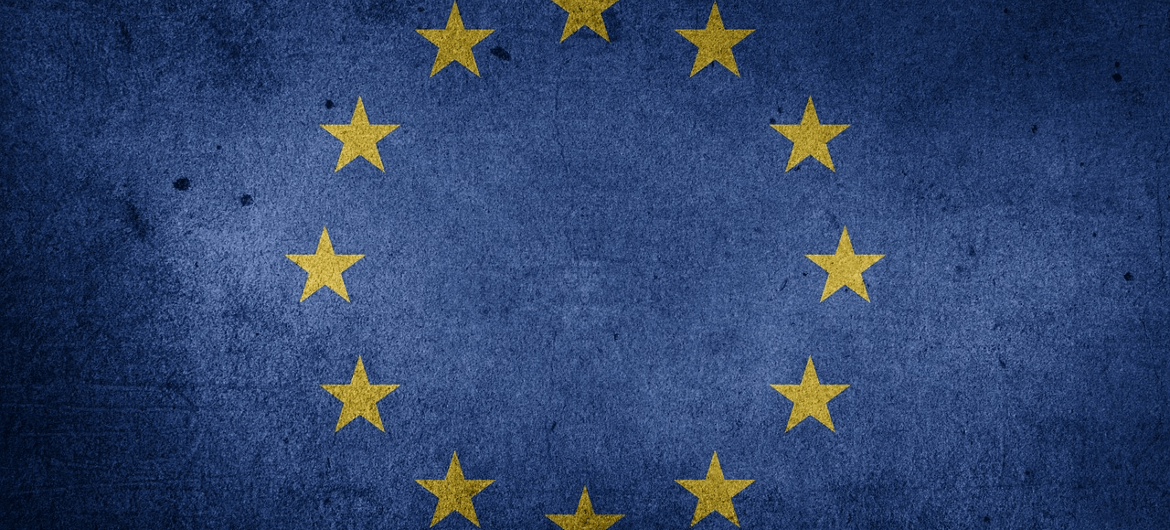RIO DE JANEIRO, BRAZIL – Uruguay returned this week to the “gray list” of countries that the European Union (EU) has included in its list of countries that do not comply with European standards on transparency and exchange of tax information but that have promised to change their legislation. Costa Rica, Hong Kong, North Macedonia, Malaysia, and Qatar are also included.
The country had managed to leave the “gray list” in March 2019, during the last year of Tabaré Vázquez’s government, after passing a technical assessment made in the framework of the Forum on Harmful Tax Practices by the Organization for Economic Cooperation and Development (OECD), the entity in charge of making recommendations to the EU.
Read also: Check out our coverage on Uruguay
Uruguay started to be part of the list in December 2017, when the economic heads of the 28 European countries gave the green light to the first list on non-cooperative jurisdictions in the tax field, which initially contained 17 territories.

Then, according to the Montevideo daily El País, the bloc ministers approved a second “gray” list with countries or territories that had committed to the European Union to modify their tax systems by 2018.
Currently, the worst category for the European bloc is the “black list”, which includes Panama, American Samoa, Fiji, Guam, Palau, Samoa, Trinidad and Tobago, the US Virgin Islands, and Vanuatu, following the departure of Anguilla, Dominica, and Seychelles.
The new announcement by the European Union was made on Tuesday, two days after the dissemination of the investigation known as Pandora Papers -carried out by the International Consortium of Investigative Journalists (ICIJ)-, which revealed evasion maneuvers through off-shore accounts of politicians, business people, athletes, and artists, with the consequent loss of billions of dollars for the state coffers.
“The Pandora Papers are going to put a lot of pressure. It is a message saying that they are going to focus on some issues of some countries that, in the opinion of the European Union, do not coexist well with the global tax system”, explained Uruguayan tax specialist Fabián Birnbaum to the media El Observador, who clarified that the message to Uruguay is to adapt its legislation.

